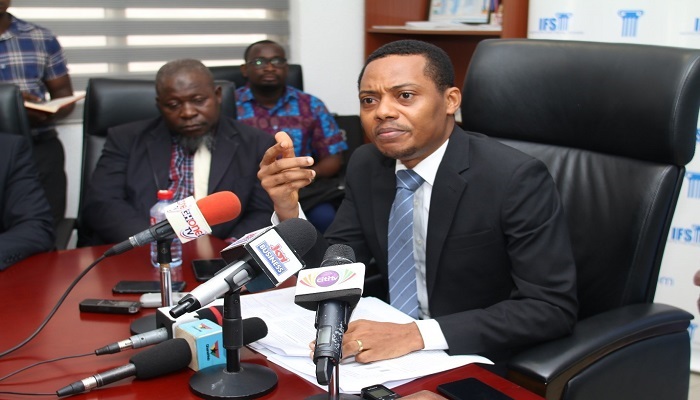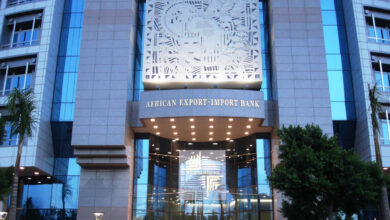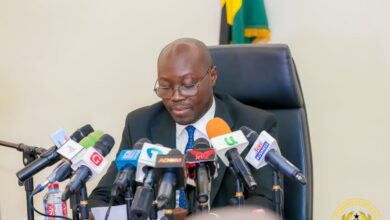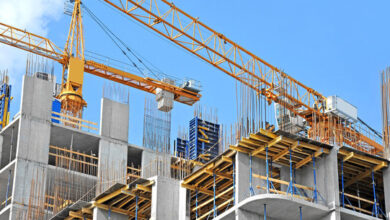
Ghana’s economy is grappling with a persistent hard currency crisis, according to Leslie Mensah, an economist with the Institute for Fiscal Studies (IFS). In an exclusive interview with ghnewshub, Mr Mensah highlighted the country’s limited foreign exchange inflows, a challenging external environment, and the added pressures of an election year.
“Our external sources of foreign exchange remain quite limited, apart from export earnings, which we’re still receiving,” Mensah explained. However, he noted that the cocoa sector, a vital contributor to Ghana’s foreign exchange reserves, is underperforming, compounding the country’s foreign exchange woes.
Decline in FDI and debt market inflows
Foreign direct investment (FDI) inflows, once a significant source of foreign exchange, have seen a marked decline. In addition, Ghana’s domestic debt markets have become less attractive to foreign investors following the debt restructuring exercise.
“We no longer have an instrument in the box that foreign investors can buy,” Mensah said. This has left the country increasingly reliant on multilateral institutions for dollar inflows—an unprecedented situation compared to pre-crisis years.
Impact on exchange atre
The hard currency crunch has severely affected Ghana’s ability to stabilize the exchange rate. Mensah pointed out that the situation is unlikely to improve in the short term, despite ongoing macroeconomic reforms.
“The behavior of the exchange rate reflects the hard currency crunch we continue to face,” he said. “While fiscal and macroeconomic reforms under the government’s program may improve the economic situation over time, immediate relief remains elusive.”
Election year uncertainty
The upcoming 2024 General Elections have added another layer of complexity to the economic landscape. Mensah emphasized the uncertainty surrounding the election’s outcome and the policy direction of the next administration.
“The outlook remains uncertain,” he stated. “It’s unclear who will form the next government and what their policy trajectory will be. This uncertainty influences economic decisions and, consequently, the exchange rate.”
The road ahead
Mensah urged policymakers to remain committed to ongoing fiscal and macroeconomic reforms to improve economic stability. While the reforms may yield results in the medium to long term, the immediate challenge lies in managing the country’s limited foreign exchange reserves and stabilizing the economy amidst political uncertainty.
With the economy at a crossroads, the coming months will be critical in determining whether Ghana can navigate its hard currency crisis and restore confidence in its financial systems.




